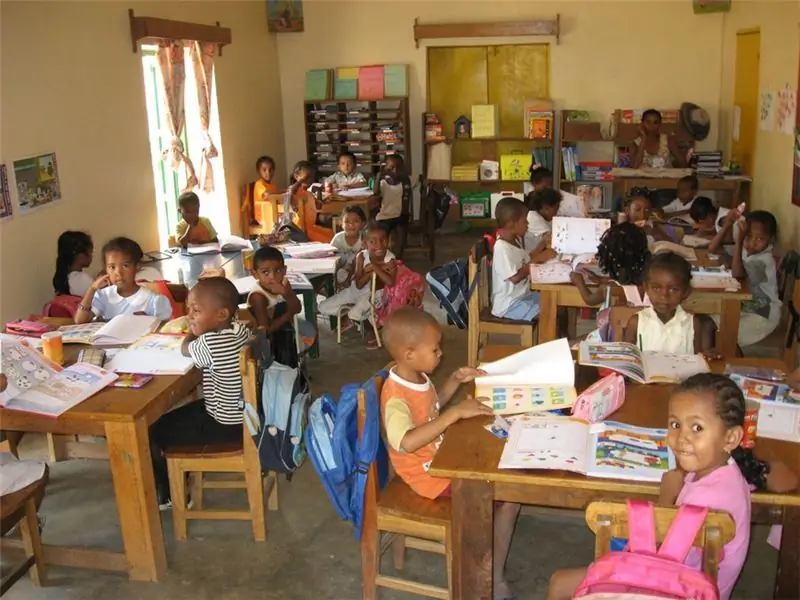
The largest island off the coast of Africa is famous for its alley of baobab trees, waterfalls, beaches on the edge of the Indian Ocean and precious stones that are mined here, and therefore are sold inexpensively. Going on a trip, stock up on medical insurance and a Russian-French phrasebook, because the official language of Madagascar, in addition to Malagasy, is officially also the language of Emile Zola and Victor Hugo.
Some statistics and facts
- Malagasy and French were first named together as the state languages of Madagascar in the 1958 Constitution.
- Surprisingly, Malagasy is not associated with any nearby African language.
- The total number of speakers in the world reaches 18 million. Natives live not only in Madagascar, but also in the Seychelles, Comoros, Reunion Islands and France.
- In 1823, Malagasy was translated into Latin.
- The stress in the language of indigenous Madagascar often falls on the penultimate syllable in a word and often plays a meaningful role.
Where the baobabs came to the slope …
One of the official languages of Madagascar, belonging to the indigenous inhabitants of the island, is the westernmost of the Malay-Polynesian group of languages. It is not similar to any African and its lexical minimum has 90% coincidences with the vocabulary of the Maanyan language, which is widespread on the island of Borneo. So, after examining the language, scientists were able to establish that the indigenous population of Madagascar is from the Malay archipelago.
The formation of Malagasy was influenced by the languages Bantu, Swahili and Arabic, rewarding it with many borrowings. The appearance of French words for Malagasy is quite natural, because in 1883 French colonial troops came to an island in the Indian Ocean.
By the way, English words in the everyday life of Malagasy people also have an interesting history. They were "shared" with the islanders by the English pirates who set up their bases in Madagascar in the 18th century.
Tourist notes
Get the support of an interpreter guide as you travel around Madagascar. Even in tourist destinations, the percentage of the population speaking English is not very high, although some tourist information has been translated into English even in the remote corners of national parks.
English-speaking waiters and receptionists in hotels can only be found in the capital, and therefore an accompanying person with knowledge of the state language of Madagascar will come in handy.






